Randwick Council survey reveals community dissatisfaction with struggling live music scene
A Sydney council has vowed to do more to revive a struggling live music scene dogged by issues that include poor pay, noise complaints and high costs.
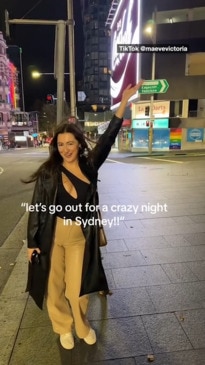
HyperLocal
Don't miss out on the headlines from HyperLocal. Followed categories will be added to My News.
It’s an industry that brought Casey Burgess fame and fond memories, not to mention a successful career.
But for performers who don’t reach the same dizzying heights, and even just those who go along to watch, live music is a way to get people out of their “bubbles” and exploring their surroundings.
That’s why the former Hi-5 member and music industry veteran is sad to see the live Sydney scene has lost its spark over the years.
“Post-Covid and all of that, the live music scene (has) died down so much,” Mrs Burgess told this publication.
“And then people didn’t really feel the need to add live music just to save money, which I think people miss. It’s (music) everything. It’s community, it’s bringing people in. There’s so many musicians everywhere in Sydney.”
Mrs Burgess comments follow a recent survey conducted by the Randwick City Council, which rated the live music scene poorly, citing its struggles with limited opportunities and venues.
Performers and venues within the council area were asked to give their thoughts on the current state of the industry, with 54 performers and 25 venues participating.
When asked about their thoughts on the current situation, one musician said “we don’t have any quality dedicated music venues”, while another pointed out “cafes (and) restaurants want live music but only have low budgets”.
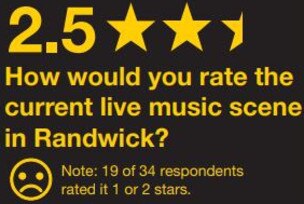
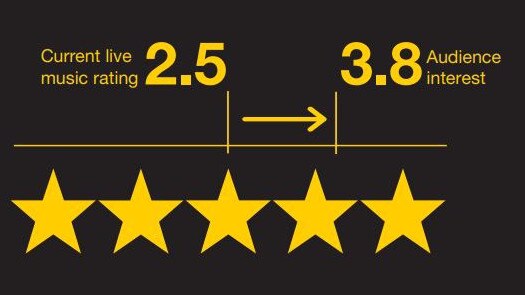
One response pointed out that council could repurpose “existing venues and unused retail premises”.
“Simply having venues that cater for live music,” another suggested.
One of the biggest issues that musicians flagged was around pay, with one performer stating: “Pay musicians and producers properly to curate live music.”
“Pay the acts a bar percentage with a base guarantee to attract musicians,” another response suggested.
Mrs Burgess agreed pay was an issue she had noticed.
“There is definitely a pay thing and you’ve got to be pretty strict with what you charge,” Mrs Burgess said.
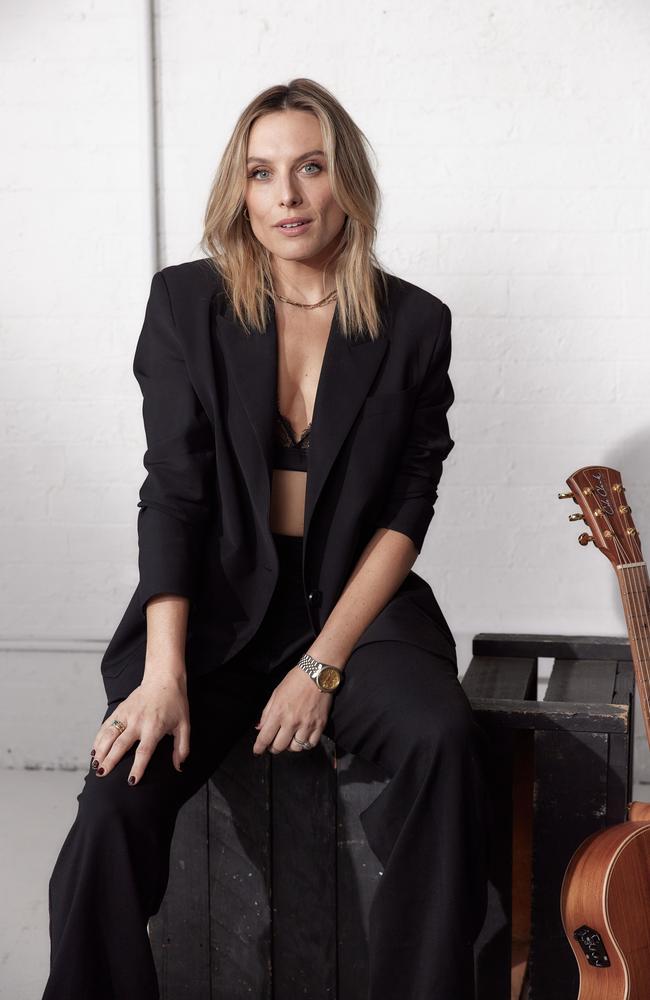
“I think a lot of places want to pay real minimum and what happens is you can sort of say ‘yeah, I’d rather do it than not do it’. But then that puts pressure on all the other musicians that are still trying to make money.”
However, cost was flagged as the biggest issue venues faced when it came to hiring live acts, with 67 per cent citing that factor.
Venues blamed this on a decline in alcohol sales, which had previously paid for live music and associated security.
Other challenges plaguing venues included noise complaints (61 per cent), licensing (39 per cent) and acoustic issues (39 per cent).
Many venues cited living near residential areas, and therefore dealing with noise complaints, as an issue.
“Noise abatement assistance, clarity on what is affecting neighbours negatively, testing decibel reading,” one venue suggested as a solution.
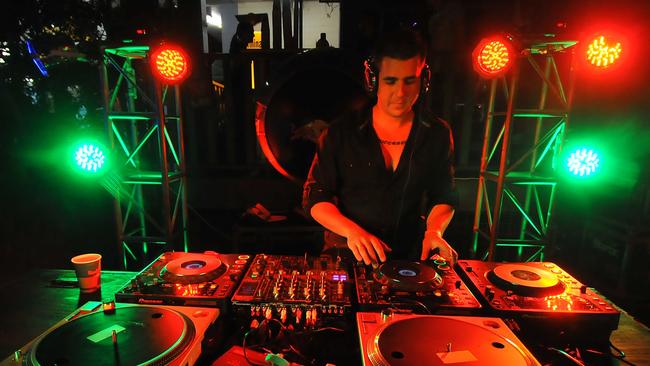
“Council not having to always act on single complaints during normal hours,” another venue said.
The concerns are not unique to Randwick, which was evident when residents and business owners grilled Lord Mayor Clover Moore over the city’s declining nightlife at a City of Sydney mayoral candidates forum last week.
Those in attendance heckled Ms Moore after she outlined what her City of Sydney council had done to revive its nightlife in wake of the lockout laws and the Covid-19 lockdowns.
In response to the survey’s results, a spokesman for the Randwick City Council said “it’s clear we have more to do”.
“The 2024 Live Music Survey is part of the city’s ongoing work in partnership with local businesses to support artists and creatives, build a vibrant and diverse 24-hour economy, and to support local musicians by increasing the number of venues and spaces for them to perform in,” they said.
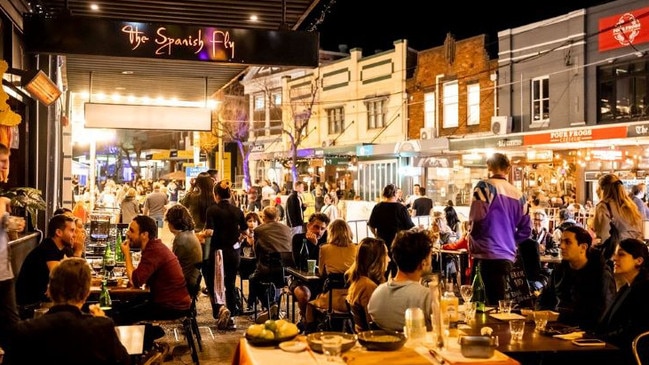
“Council will work with businesses to provide simple information on hosting live music and performance, and to promote these activities through communications and marketing campaigns.”
Kym Chapple, a Greens councillor seeking re-election in Randwick’s Central Ward, pointed out the “laws in NSW have finally caught up to what the community wants”.
“And now it’s up to councils to help give this a push along to stimulate vibrant local options in our town centres,” Ms Chapple said.
“Our local community love a vibrant music and arts scene, but many feel they have to travel out of area to enjoy these. Those who want to see a band or a DJ shouldn’t have to head to the CBD to do so when we have perfect venues in our area and so much local talent.
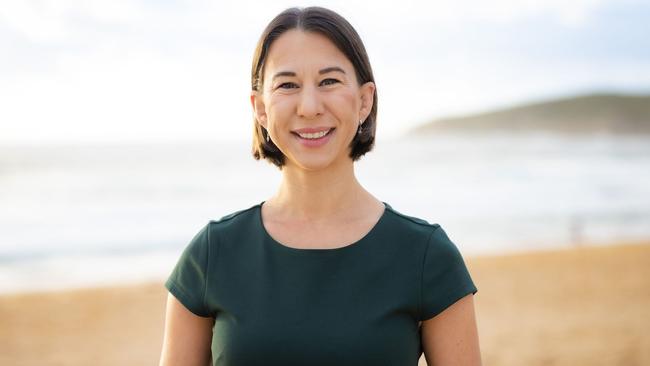
“Survey data from the community on this shows huge support for measures to encourage live music in our area including repurposing unused spaces and helping existing venues expand live music offerings.”
The council is currently running a 10-week street dining and entertainment festival, Spot On, every Thursday until October 24, with an emphasis on a new line-up of performers each week.
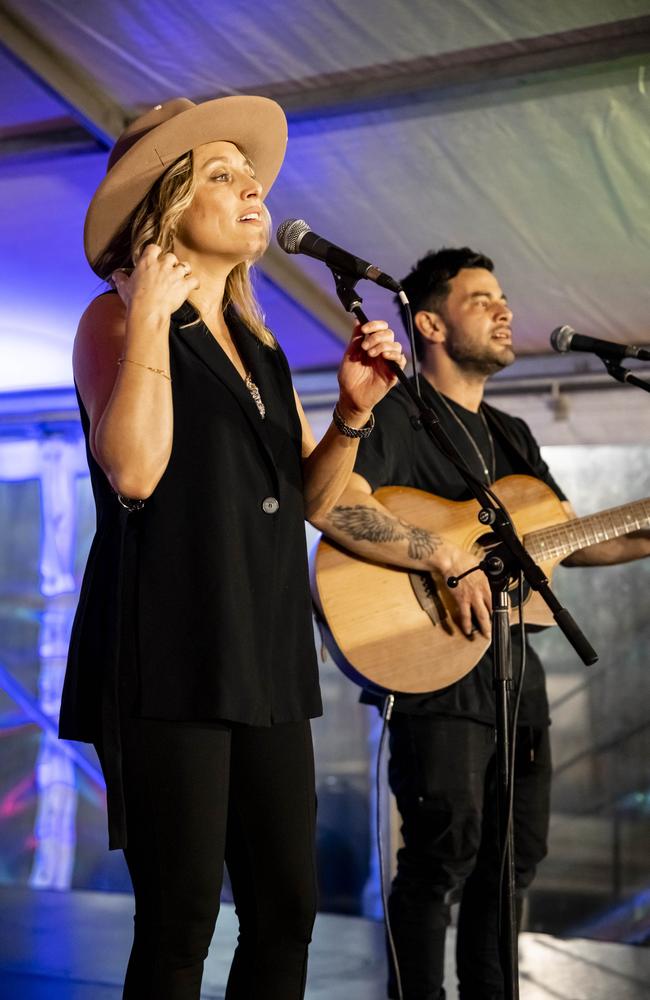
This was something Mrs Burgess said was much-needed for the area, where the live music scene had “died down so much”.
“I think what Randwick has done really well is put a spotlight on how important music is, how important performances is and that show that it brings the whole community together,” she said.




